Chris Grove, E&B senior advisor at the Environment Agency, indicated that a number of energy-from-waste (EfW) plants may seek R1 accreditation if there was a financial incentive.
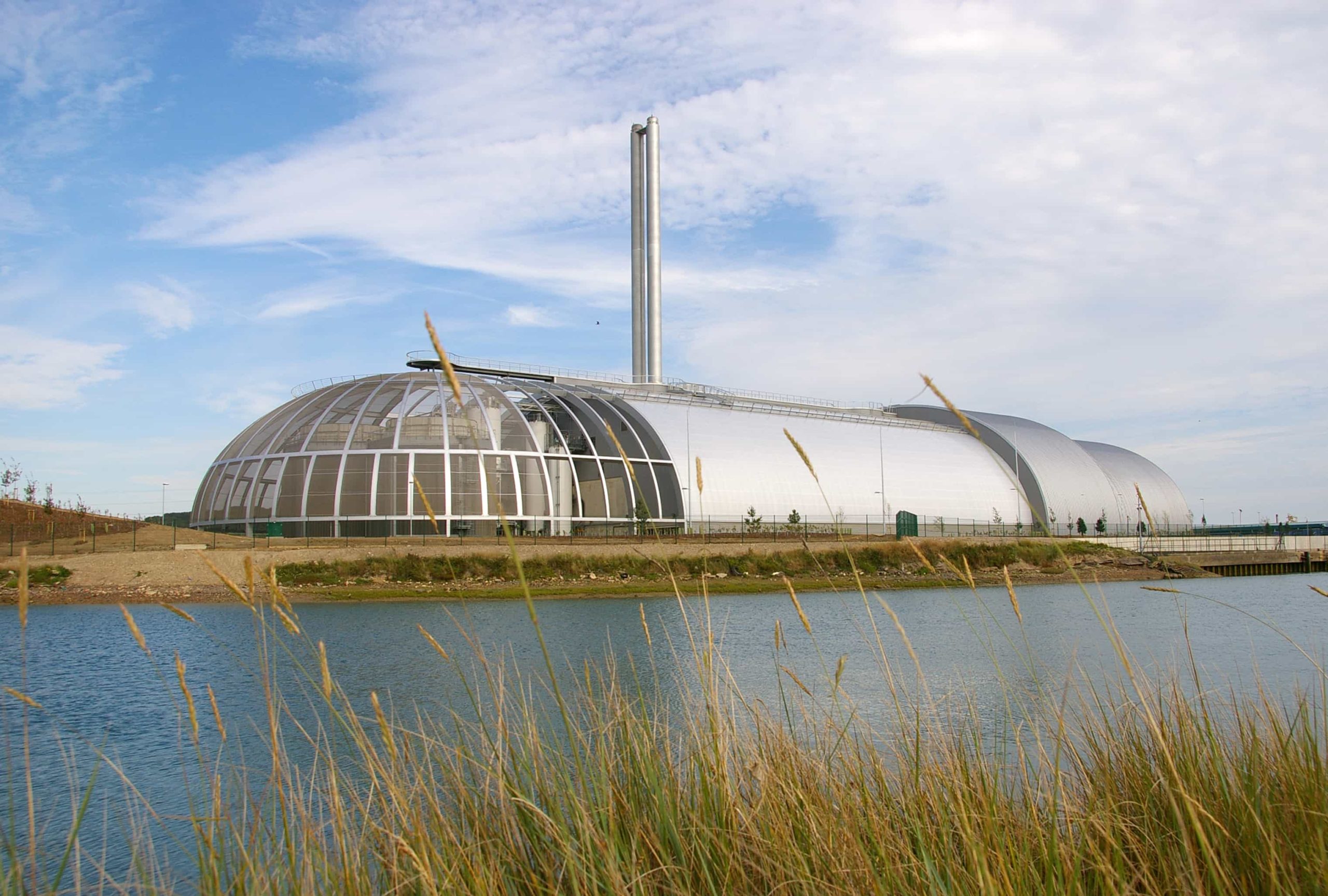
The comments come after a list published by Defra under a Freedom of Information request found that only three operational energy-from-waste plants in England have achieved R1 status (see letsrecycle.com story).
But, at the time, Defra explained that ‘the majority’ of UK EfW facilities would meet the R1 designation ‘if there was a requirement for them to apply’.
The R1 formula is set out in the EU Waste Framework Directive and is a performance indicator for the level of energy recovered from waste. It is based on factors including the energy produced by a plant and the energy contained in the waste. Where the value of R1 is calculated as being greater than 0.65 the process can be classed as a recovery rather than a disposal operation, placing it higher up the waste hierarchy.
Until now, the only facilities that have needed to register for R1 status are those which import waste – a requirement that does not affect any UK plants.
However, from this year the Environment Agency will require any EfW plants issuing packaging recovery notes (PRNs) to achieve R1 accreditation.
Applications
Speaking to letsrecycle.com, Mr Grove said that the Environment Agency would process applicants through two tiers – with smaller EfW facilities able to issue up to 400 tonnes of PRNs for a £500 application fee.
Meanwhile, large-scale plants which may seek to claim an unlimited number of PRNs will have to pay an application fee of around £2,600.
Mr Grove admitted that while the application fees as well as the cost of managing a PRN system may deter facilities from applying, there remained a ‘significant surplus’ of recovery PRNs on the market with limited demand.
[testimonial id = “163” align=”right”]
Mr Grove said: “Recovery PRNs are clearly a very weakened driver for R1 accreditation. R1 status indicates a step change – but no one has been jumping up and down to get accredited.
“But that’s the beauty of the PRN system. If there are only a handful of accredited facilities in the market and they are only just meeting the demand then the market mechanism will force that price up. That will make other players look over their shoulders and say I want to be part of that.”
Prices
There was already evidence that the price of recovery PRNs had started to inch up towards the end of 2014, with The Environment Exchange (t2e) reporting in December that traders were buying paper to meet their recovery obligations.
According to t2e, paper PRNs were also trading at a lower price because recovery sellers want to hold out for higher values. At the end of the year, recovery PRNs were trading at between 45p and 50p per tonne.
The latest government data shows that as of October 2014, just three EfW plants had gained R1 accreditation in England; EfW Veolia’s facility at Newhaven in East Sussex, Cory’s Riverside Resource centre in London and SITA’s EfW in Teesside.
But, a waste industry expert told letsrecycle.com that more plants are likely to begin registering with the Environment Agency ‘over the next month or so’ because until 2015 the only reason to apply had been ‘political’.




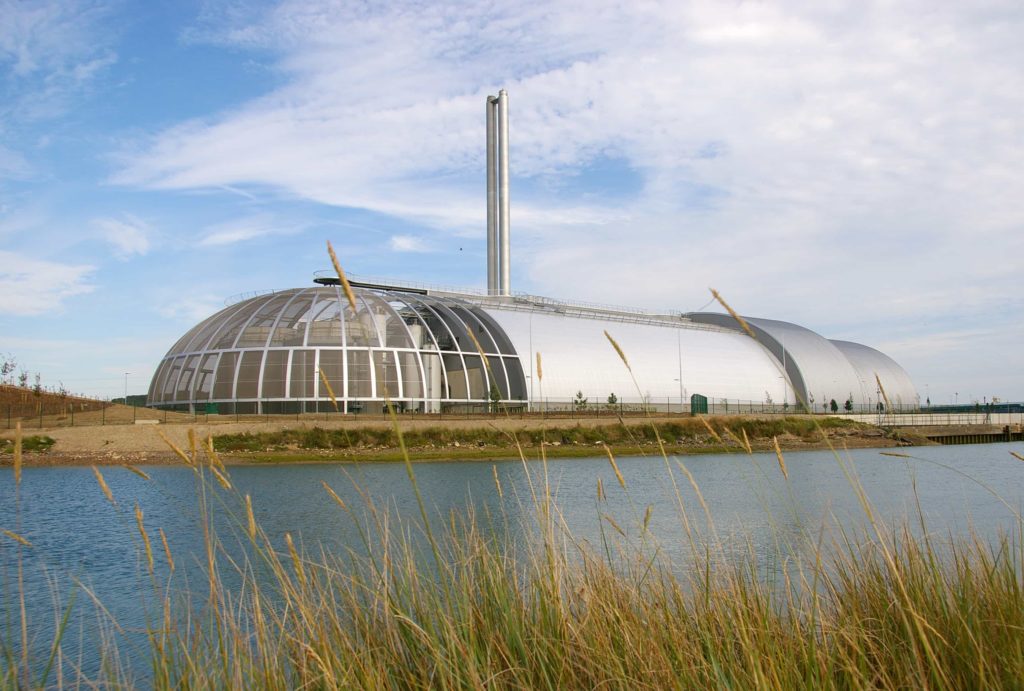
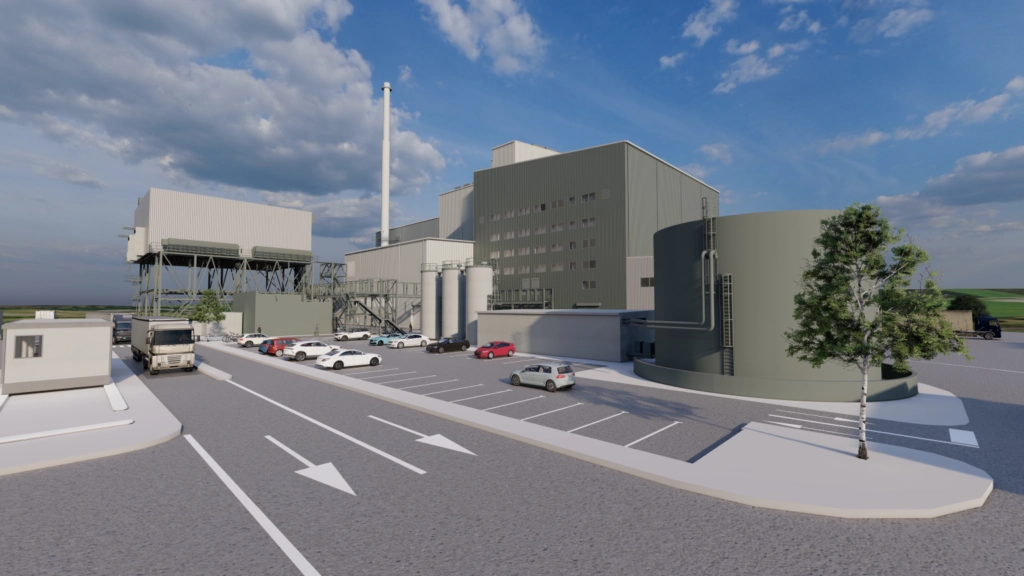
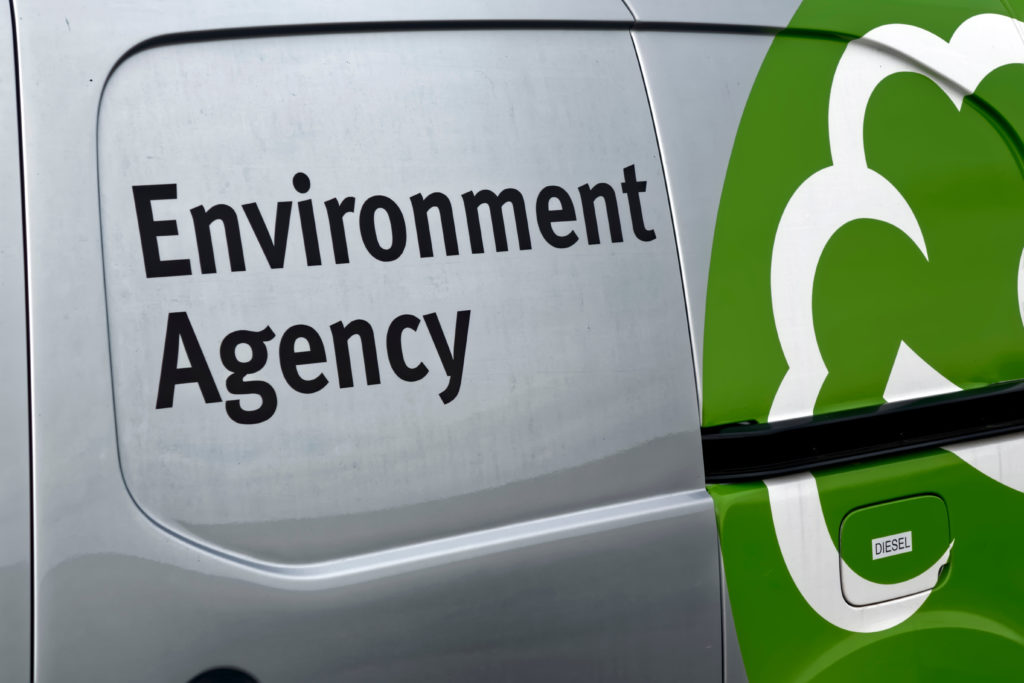
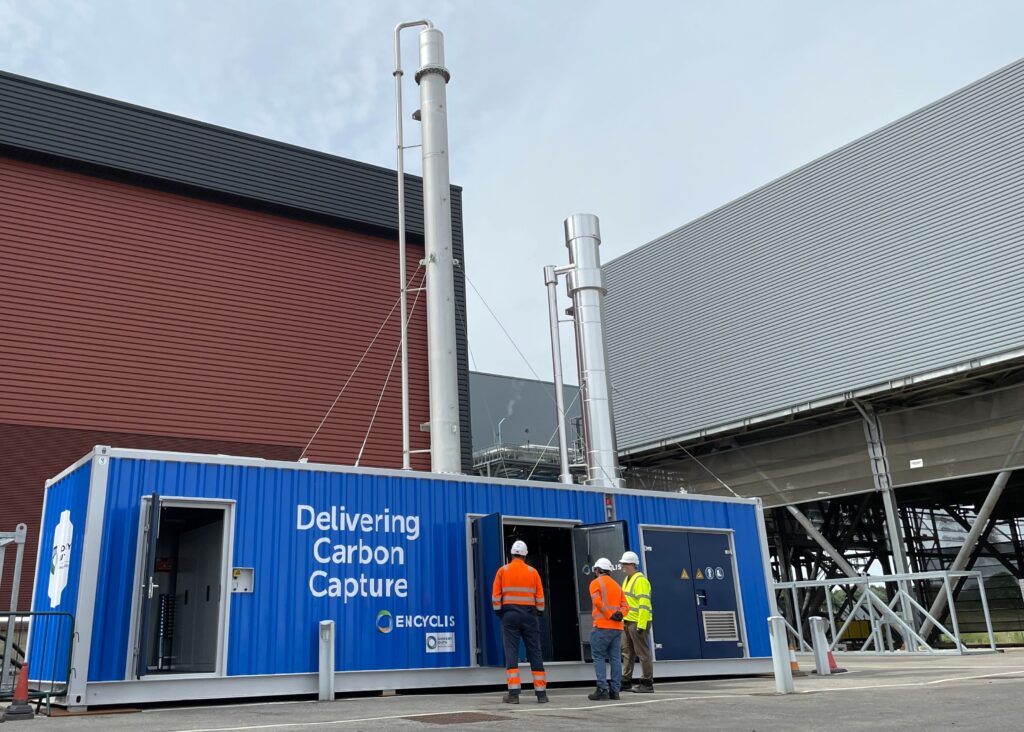
Subscribe for free